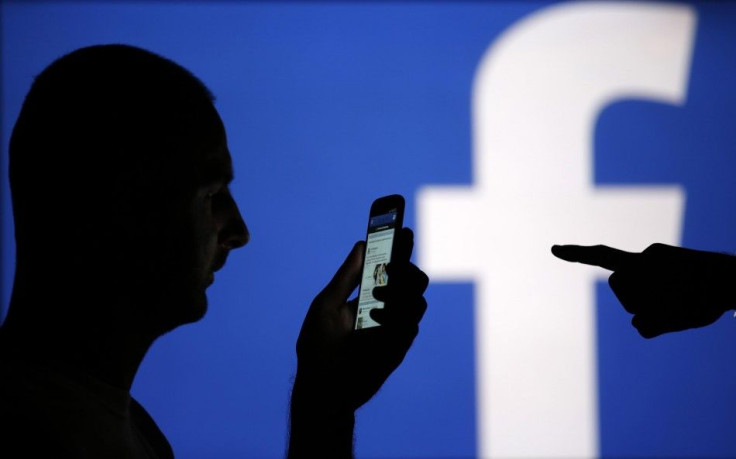One in Seven People in the UK Have Partners They Have Only Spoken to Online, Reveals Study
Their Partners Exist Only in The Virtual World With no Proof of Their Real Identity.

A new study by the satellite broadband provider Europasat revealed that one in seven people have started an online relationship with another person without actually knowing who the person is. This includes not just them not meeting the person they've started a relationship with but also them not knowing the true identity of the person on the other side of the computer.
The survey was carried out on 2,000 people in the U.K. The survey looked at online relationships such as friendship and love. It also looked at how people viewed the virtual world, their online shopping habits, their privacy settings and the frequency by which they used the web.
The study found that Facebook and Twitter are the two most popular social media sites after which come YouTube, Instagram, LinkedIn and Google+.
The survey results revealed that people become friends and talk to people on the internet on a regular basis without knowing if the person was real or is conversing to them with a fake identity. 37 per cent of the respondents admitted to having friends on Facebook that they have not met and one fourth of them even have regular conversations with these people. Not just that 14 per cent revealed that they are in a relationship with someone they have only spoken to via social networking sites and have not met in real life. Their partners exist only in the virtual world with no proof of their real identity.
25 per cent of the surveyed people stated that they even had "flirtatious talks," with account holders that they did not know anything about. Only a handful of people have only those people whom they have met in real life on their friends list.
Respondents revealed that the internet has changed their lifestyle. Half of those surveyed preferred online shopping to shopping that involved one to actually go out and buy things.
29 per cent stated that the anonymity on the internet empowers them. They feel more confident to say things on social networking sites than in reality. They even believe that the things said on sites like Twitter and Facebook is credible and can be taken as a news source over actual news media.
They trust the web so much that more than half of them have not activated in privacy settings. They even stated that they could live without their cars but not their mobile phones. Majority of the U.K. population reported Daily Mail could not give up internet access for more than a day.




















